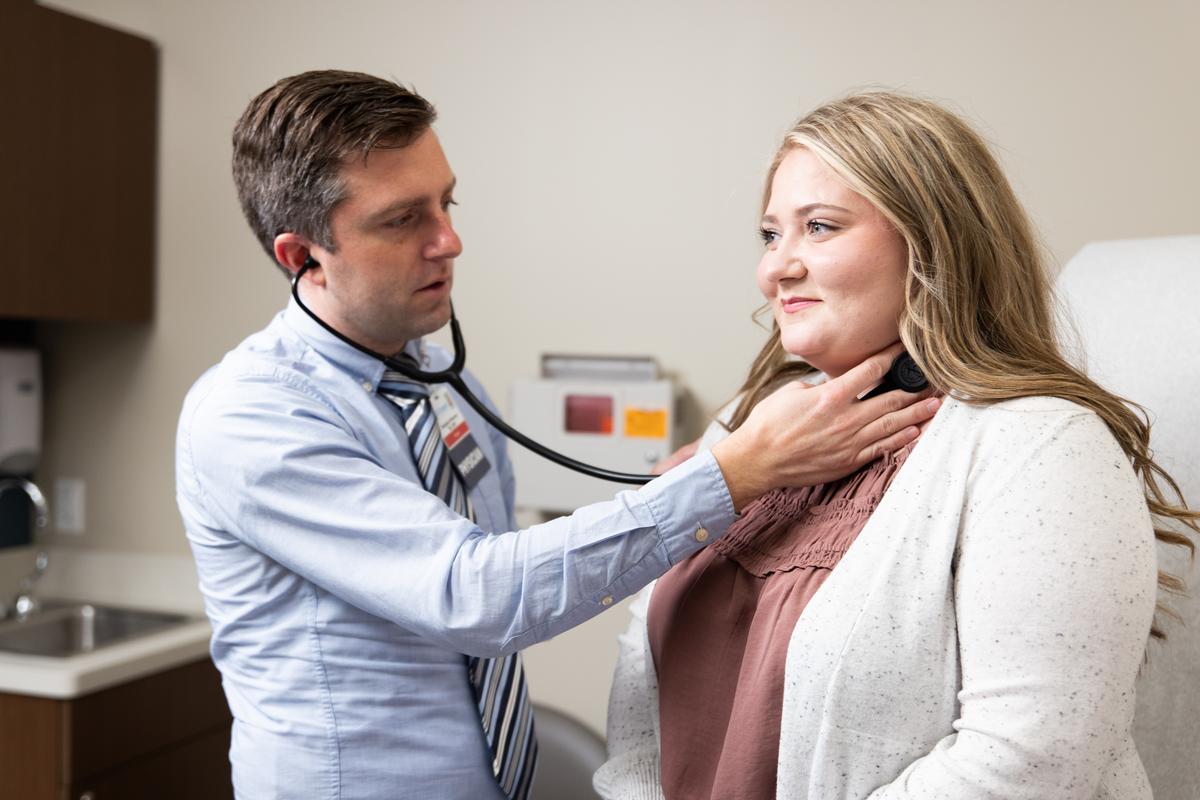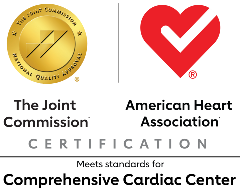Minimally Invasive Procedures
What is Heart Catheterization?
Doctors at Florence Wormald Heart & Vascular Institute at St. Elizabeth use imaging exams and catheter-based procedures to diagnose and treat cardiovascular disease. In many instances, our specialists can assess and treat your condition during a single procedure.
To perform heart catheterization, your doctor makes a tiny incision in your upper thigh (groin) or wrist and inserts a catheter – a thin, flexible tube – into a large blood vessel that leads to your heart.
These procedures are performed in our Cardiac Catheterization Labs by cardiologists and interventional cardiologists, who specialize in catheter-based procedures.
Diagnosing Heart Disease
We use a variety of exams to diagnose heart disease, such as:
Diagnostic exams are outpatient procedures that don’t usually require an overnight stay. However, if you undergo an interventional procedure (treatment) in addition to a diagnostic exam, you may require a brief hospital stay.

Contact Us
For a new patient cardiology appointment, call (859) 287-3045.
Heart Disease Treatments
Whenever possible, your doctor will perform these interventional procedures – rather than surgery – to treat disease. Doctors use these techniques to reopen blocked arteries, restore normal heart rhythm or improve blood flow – including lifesaving heart attack care:
Our heart and vascular team will discuss the treatments that are right for you.


